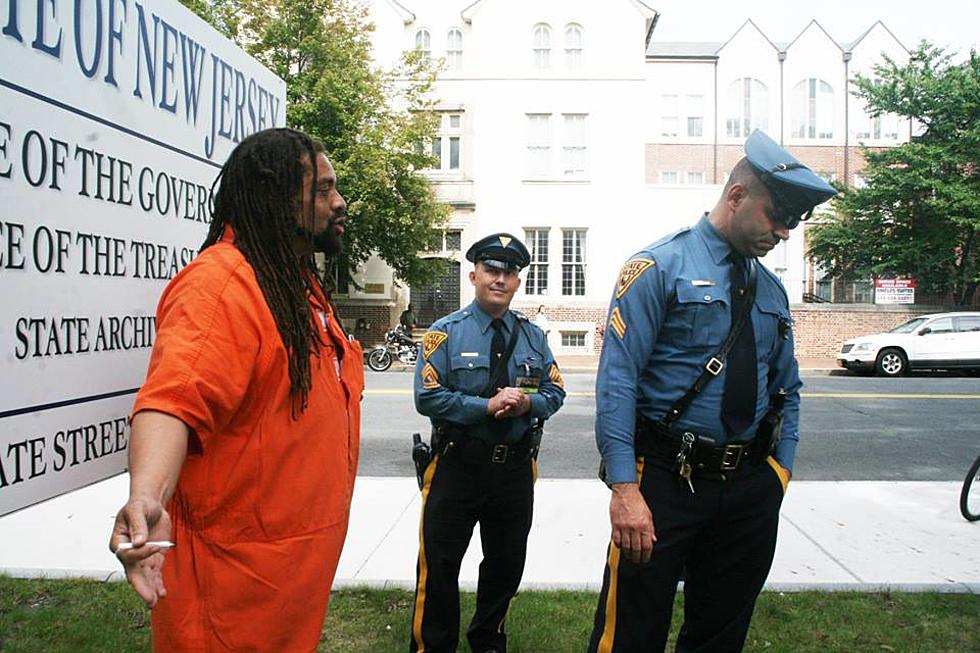
Bill Clark/ Getty Images
The American Civil Liberties Union said Friday that African-Americans continue to be arrested for marijuana far more than whites in New Jersey, and pushed lawmakers to legalize cannabis before the state legislative session ends in January.
Amol Sinha, executive director of the ACLU in New Jersey, said their analysis showed that black people were three times more likely to be arrested for possession than whites in 2016, despite similar usage.
“Legalization is about racial justice,” Sinha said in a call with reporters.

Brian McCarthy
Data from the Federal Bureau of Investigation shows that arrests have increased in recent years, despite growing public support for recreational marijuana. In 2017, New Jersey made more arrests, and at higher rates, than almost every other state. Black people made up a disproportionate share.
A spokesman for the state Attorney General’s Office declined comment.
The ACLU’s analysis flagged three counties with especially troubling disparities. Black people were six times more likely to be arrested for possessing marijuana in Salem County, and seven times more likely in Ocean, according to the ACLU. In Hunterdon, they were eleven times more likely to be arrested.
The legal weed proposal that fell apart in the state Legislature in March would have also addressed New Jersey’s troubled expungement system. Advocates argue that the state should wipe away old marijuana convictions, and direct more money toward communities that have been disproportionally impacted by drug arrests.
Rev. Charles Boyer, a pastor and founder of the civil rights group Salvation and Social Justice, called that comprehensive approach a “moral imperative.”
State Senator Declan O’Scanlon, R-Monmouth, released a statement later in the day supporting decriminalizing “small amounts” of marijuana. But he said the issue should ultimately be decided by voters through a ballot initiative, and said he would vote against legalization during the current lame duck session.
State Legislative leaders have previously said they lacked enough “yes” votes in the state Senate.
ACLU’s analysis was based on data from the FBI and the U.S. Census’ American Community Survey, according to Sarah Fajardo, ACLU-NJ’s policy director. She said that while they were only able to track disparities between black and white people, some Latinos may have accidentally been categorized as “white,” which meant the disparity could be worse.
You can read this story by Blake Nelson for NJ.com here.










